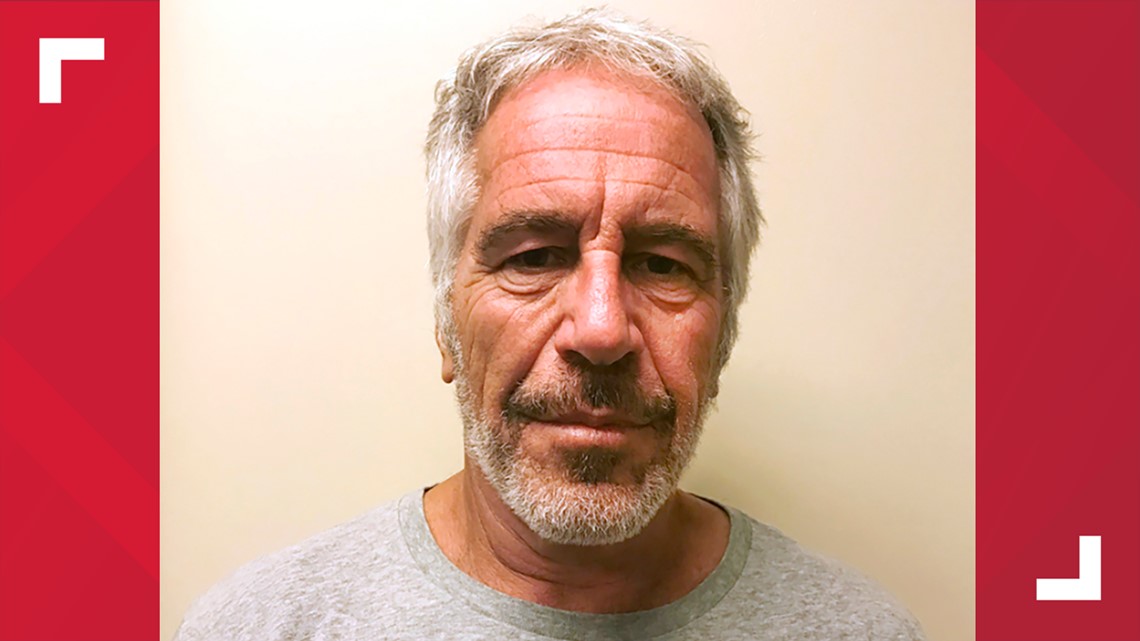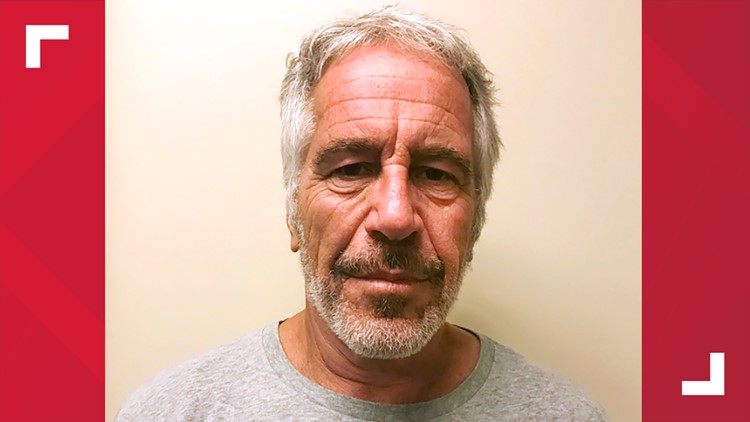NEW YORK — A fund set up to compensate victims of the late sex offender Jeffrey Epstein opened for claims Thursday, enabling dozens of women attacked by the financier when they were as young as 14 to seek a cut of his $630 million estate.
A judge in the Virgin Islands approved the fund this month, facilitating payouts to women abused by Epstein before New York federal prosecutors charged him last year with sex trafficking of women and girls in the early 2000s. He'd long ago been convicted of charges in Florida state court.
Jordana H. Feldman, the fund's administrator, told reporters Thursday that many women were reluctant to tap the fund until they learned of its privacy features.
"One of the most attractive features of this program is confidentiality and the ability to keep this information private," she said.
She said Epstein's estate appears to have "sufficient liquidity to pay the claims" even though well over 70 women may apply.
"If we need to get more money I will certainly go to the estate and see what can be done about liquidating other assets," she said.
After Epstein, 66, killed himself in August in a Manhattan lockup, over a dozen lawsuits against his estate said that women and teenage girls suffered sexual abuse, sometimes for years, from Epstein and his enablers at homes in Manhattan, the Virgin Islands, Paris, New Mexico and Florida.
Women willing to forgo the spate of lawsuits have nine months to file claims with the Epstein Victims' Compensation Program. Even claims barred by various statutes of limitations will be considered, court records show.
The fund's administrator will evaluate each claim separately to determine how much money each woman receives. Court records show there is no cap — beyond the multimillion-dollar estate's size — on individual claims.
While the compensation fund has been met with some apprehension, court records show that attorneys for at least 69 women support it. "That drumbeat of approval continues to swell," the estate's co-executors wrote in a filing.
"We have confidence that the program will be the most successful of its kind," said Brad Edwards, an attorney for numerous Epstein victims who helped develop it. "Of course, if any victim is not satisfied with the program, she is free to pursue her remedy though litigation."
Working with Feldman is Kenneth Feinberg, a well-known mediator who has overseen compensation funds for victims of the Sept. 11 attacks and of clergy sex abuse within New York's Roman Catholic archdiocese.
Progress in lawsuits stalled by the pandemic also were hampered by recent rulings that women couldn't pursue punitive damages.
Meanwhile, federal prosecutors in New York are continuing to investigate claims that decades-long abuse was enabled by a network of co-conspirators.
Epstein's former girlfriend, British socialite Ghislaine Maxwell, was described in a 2017 lawsuit as the "highest-ranking employee" of Epstein's alleged sex-trafficking enterprise. It said she developed plans to recruit victims and helped conceal the activity from law enforcement. In sworn statements, she has denied wrongdoing.
On Wednesday, lawyers for one of Epstein's accusers, Virginia Giuffre, argued in court papers that a transcript of a seven-hour deposition of Maxwell and other documents from a since-settled lawsuit should be made public. Over 2,000 pages of documents from the litigation were released last year.
Maxwell's lawyers have told a Manhattan judge that portions of her deposition should remain sealed because lawyers tried to force Maxwell "to answer intrusive questions about her sex life" and the media would exploit the information.
Giuffre's lawyers said Maxwell was trying to keep over 80 documents sealed with "extraordinarily general and vague" arguments that should not overcome a First Amendment presumption that court records are public.
The Miami Herald, whose reporting in 2018 brought fresh scrutiny to Epstein's crimes, argued in court papers Wednesday that Maxwell's fear of embarrassment shouldn't stop the public from learning of "the sexual abuse of young girls at the hands of the wealthy and powerful."




